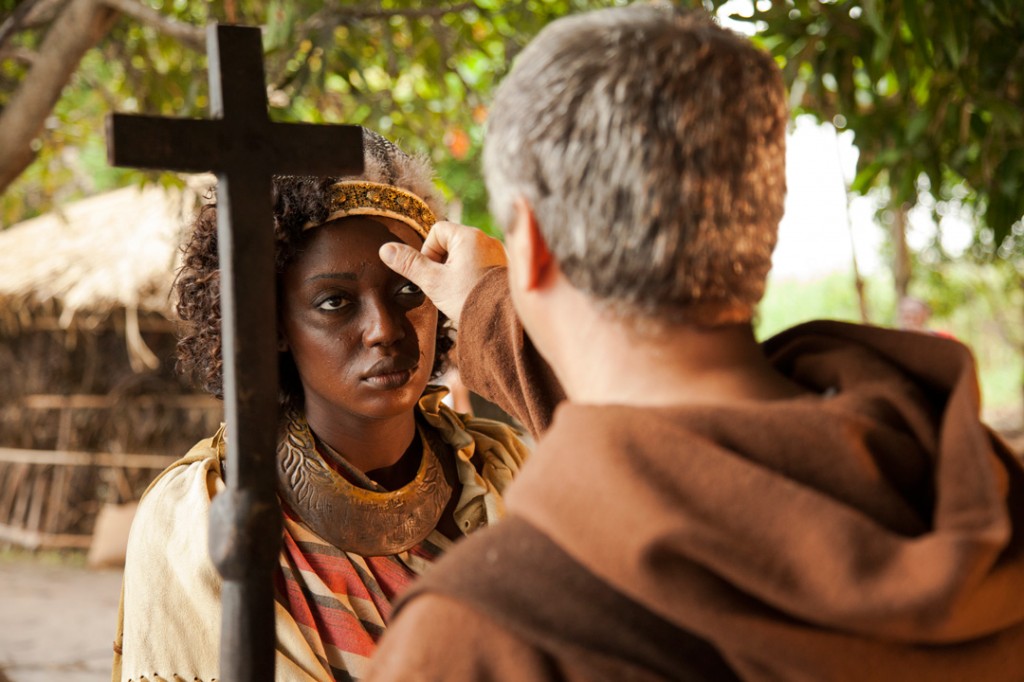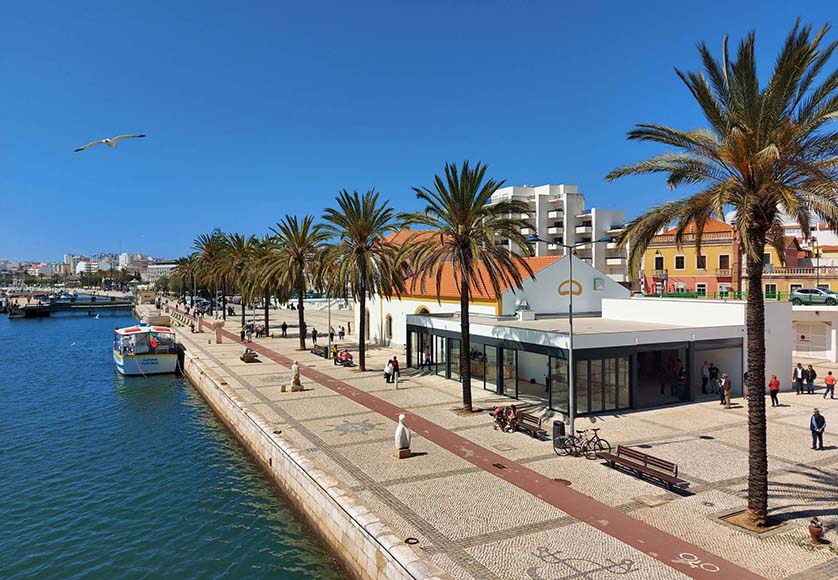
Queen Njenga Ndongo Matamba is one of the most extraordinary figures in African history. His astonishing resistance to Portuguese colonialism was due in large part to his ability to change his identity over the course of circumstances to protect his interests and those of his country.
Written by Sandro Capo Chichi / nofi.fr
In many contemporary societies, personal and public change in ideological positions are often condemned. At the same time, we are witnessing the elevation to the status of saints and key figures in religions, who died defending their right to their faith, without any compromise. Likewise, the most revered historical figures are often presented, posthumously, as “saints” without any faults.
The reason may be the following. Duplicity and opportunism are essential in war, and those who do not understand this, although celebrated for their courage, end up dying without achieving their goal. Those who achieve this generally have time to rewrite their history after coming to power. Or contemporary residents searching for icons of the past reappropriate them by making them snow-white icons, willingly setting aside events that conflict with their cause.
In short, adaptability, opportunism, and fluidity of identity are essential characteristics for successful goals, despite what the moral standards of our societies may suggest.
A particularly instructive example of this situation is that of Queen Njinga of Ndongo and Matamba, who would never have been able to resist as she did had it not been for her astonishing opportunism, some examples of which we will see below.
1. In 1622, her brother and rival for the Ndongo-Ngula throne sent Mbande Njinga to negotiate peace with the Portuguese. On this occasion, she presented herself to the Portuguese, especially in Africa, to preach the Gospel, in order to be baptized. From them she adopted the Portuguese name Ana de Sousa. After his return from the embassy, the Portuguese demanded that Ngola Mbande be baptized. Njenga, who may have been baptized to impress the Portuguese, is now exploiting this request to discredit her brother among the Mpondo people, highlighting the fact that she would not have accepted “such humiliation” if she had been in power.
2. After the death of her brother in 1624, Njenga became queen and was able to lead a major Mbondo revolt against Portuguese colonialism and slavery. In 1626, the Portuguese responded by launching an all-out war against Njinga. During the conflict that turned against him, it appears that the incident that allowed Njinga to escape thanks to his soldiers was his use of his brother's relic. She gave up her resentment towards the brother she may have killed and what her previous baptism meant, and justified her escape in the words of a traditional priest who claims to have communicated with the spirit of Ngola Mbande. The latter allegedly ordered his sister to flee, telling her that the Ndongo king should flee rather than become a slave to the Portuguese. Through this skillful maneuver, Njinga turned what might at first appear like an act of cowardice into an ancestral act necessary to preserve the safety of the kingdom and its subjects.
3. In 1631, the Njinga took refuge for several years in the territory of the Imbangala, a group of fierce warriors feared throughout the region. By being accepted by these residents, she realizes that she can return to the head of a major military power and begin to reclaim her lost kingdom. She changed her identity again, adhered to the Imbangala rituals, and in order to be recognized as a sovereign in her own right, she would invent a new ideology. She will order her subjects to speak to her only with a man, and surround herself with female slaves who will dress like women and order that they be considered women. With his new identity, Njenga would gain power among the Imbangala subjects which would allow him to once again become a major power in the region. In this dynamic you will conquer the Kingdom of Matamba and the lands that were previously under the control of the Portuguese.
4. In 1647, after the Dutch invaded Portuguese Luanda, Queen Njenga allied with the Dutch. Her fight against the Portuguese was initially motivated by the slave trade, which she fought tirelessly. She now agreed to cooperate regularly in this movement to maintain her alliance with the Dutch, long enough to expel the Portuguese from the region.
5. After the Portuguese recaptured Luanda at the expense of the Dutch, Queen Njinga looked for another way to preserve her kingdom. She resorted to diplomacy, particularly seeking Vatican recognition of her state by conversion. When she was asked in 1656 to find her sister, who had been in exile for several years, she agreed to make her kingdom a Christian kingdom. She kept her word until her death in 1663, building churches, devoting herself to her new religion, destroying the traditional religious objects of worship and punishing their rebellious practitioners. She believed that this new Catholic identity, thanks to the support of the Vatican, would ensure that her kingdom would remain led by her sister Barbara.
In conclusion
The number of transformations that Queen Njenga underwent to maintain her sovereignty and the independence of her state shows the importance of not locking oneself into pre-determined ideological positions when it comes to pursuing long-term goals. Far from being merely “nice,” “bad,” “resistant,” or “cooperative,” the characters in our story deserve to be analyzed in all their complexity in order to better understand the difficulties of our world that they have faced before. we.
reference
linda m. Heywood/Njinga from Angola
http://nofi.fr/2017/07/art-de-la-guerre-dahomey-royaume/40903






